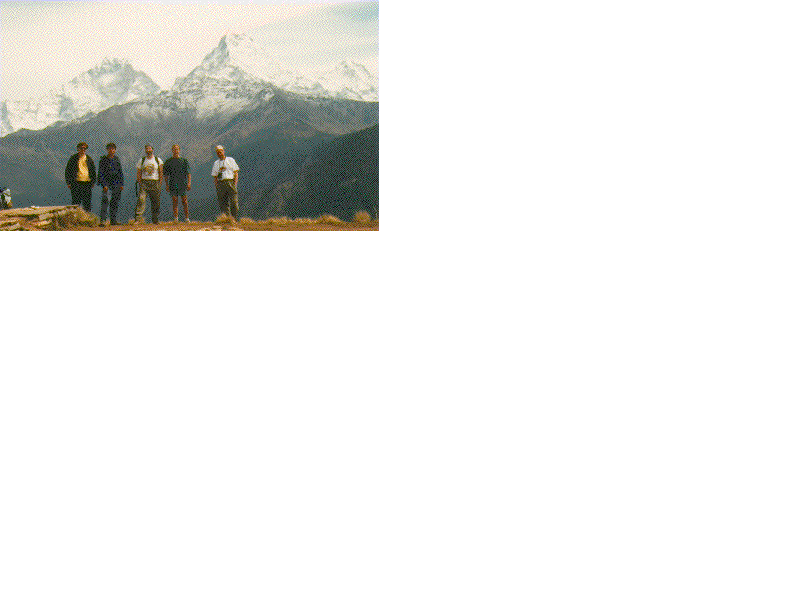
We organized a 4-day solar box cooker fabrication and usage course with a local organization (Centre for Rural Technology) for 14 people. Each of them finished a cardboard based box cooker. The final panel of the course was attended by the president of Nepalese Science and Technology Academy. It was shown in Nepalese TV News! Also, articles appeared on local newspapers. You can watch a 1.5 minutes long video (4.5 MB) clip of the course. (Check first the performance of your machine and network with a 5s piece of the video (200 kB).)
We also organized an open demonstration on solar cooking at Patan (a city close to Kathmandu) main square. People got to see solar cookers in action, got information on them, had a chance to order one, and were offered free samples of solar cooked food.

We did a lot of technical experiments with different types of solar box cookers some of which we designed and constructed there. Cooking times were measured for several dishes. Many good ideas were born there and are now waiting for Finnish summer to be tested.
We met with people interested in applying Finnish green technology (engineers) or Finnish environmental education (educators). E.g., we visited an elite college in Kathmandu where they are just starting an environmental science program and wanted to learn our experiences on similar programs. I think the best thing we can give to them is an encouraging example. Nepal, especially Kathmandu, is suffering from bad pollution and other environmental problems.
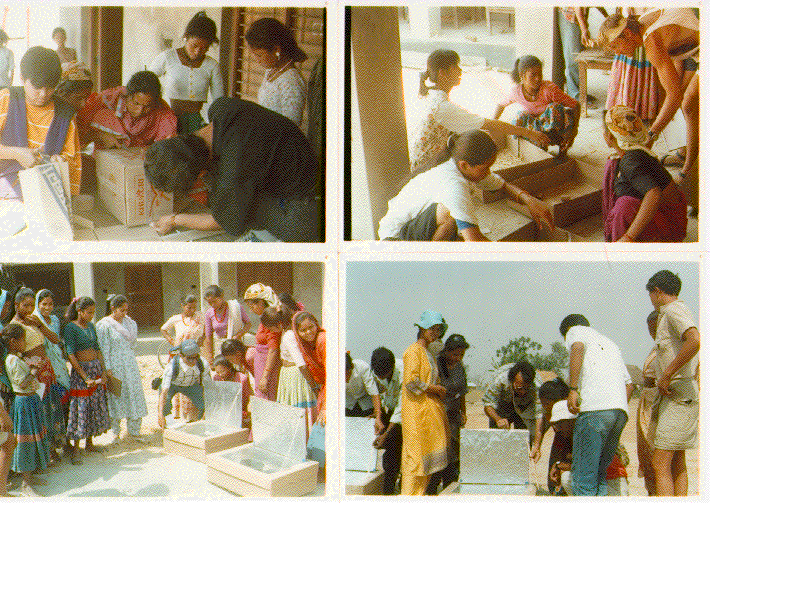
We also started a longer term project in rural area in South-West Nepal. An American organization called Building With Books is building a school in a remote village and asked us to join forces by bringing solar cookers into the process. This is ideal for us because now the time saved by not needing to collect firewood can immediately be used usefully, for education. The Americans will be gone after finishing the school (that is mostly built by the village people voluntarily) so we will not be collaborating directly with them. We did not have time but for a couple of days visit to the village. But we funded a solar cooker workshop (to be given this week by a local organization called Plants for Life) for ten people in the village and some aid workers (9 UNDP, 2 BASE workers; BASE (BAckward Society Education) is the biggest local development organization in the area). BASE is in charge of adult literacy courses in the village - and will connect classes with simultaneous solar cooking on the roof of the new school house.
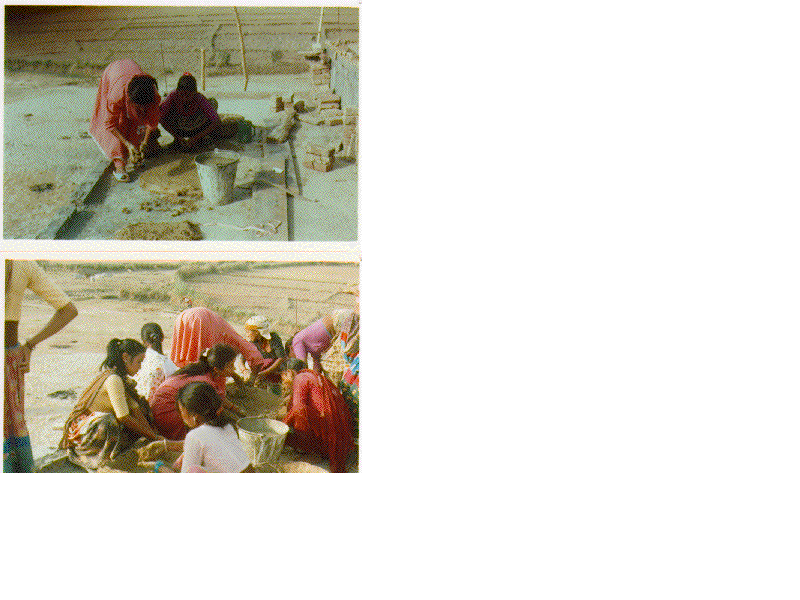
Our plan is, in the first phase, that all households in the village (82) will have a solar cooker at their disposal by the end of this year. They will build them themselves. We hope that the cardboard cooker example triggers their innovativeness and they can design their own models based on local (free moneywisely) materials (bambu baskets, clay-dung-straw boxes, etc.). We would provide material that they do not have, particularly glass, also reflector foil and some other things. We hope to return there next fall for sociological and technological studies.
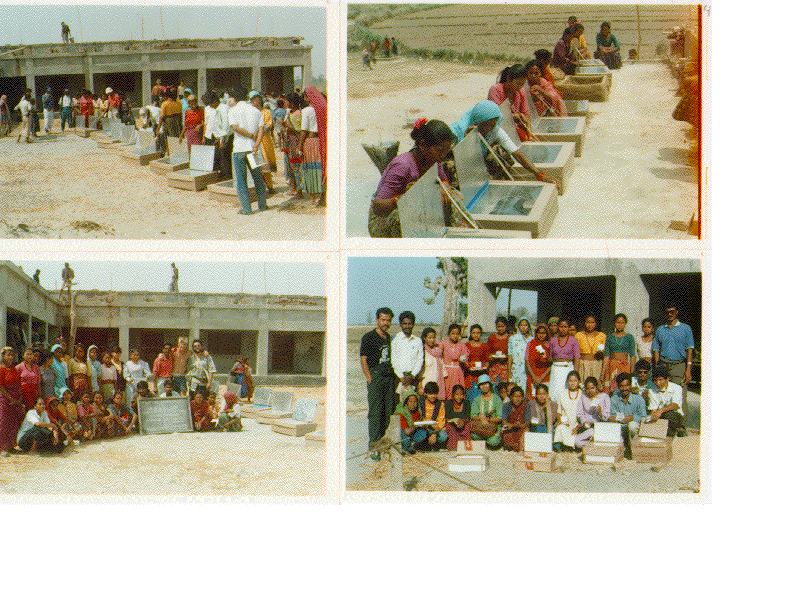
In the next phases we would like to help distribute the idea first into nearby villages and later into the whole region. BASE, our main collaborator in this, has aid workers in almost 400 villages so there is a potential for doing really a lot!